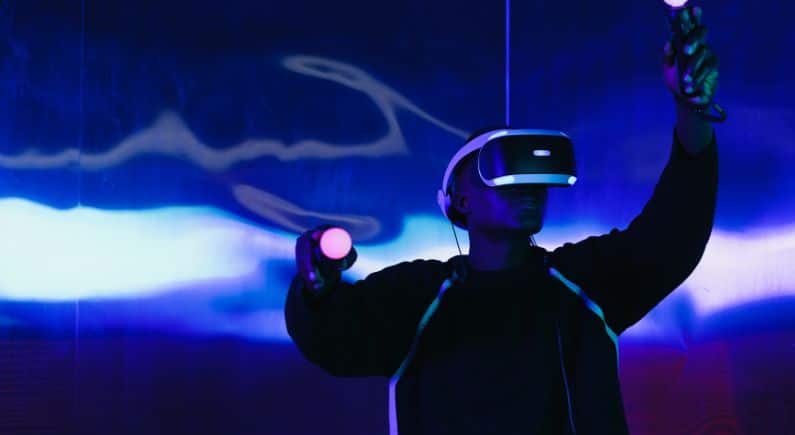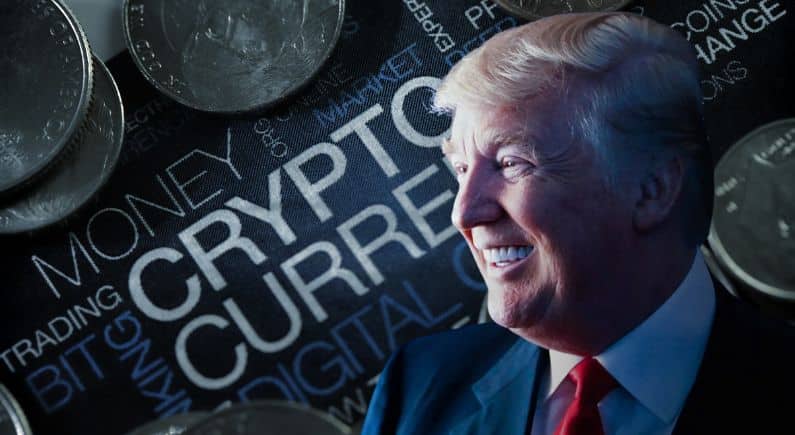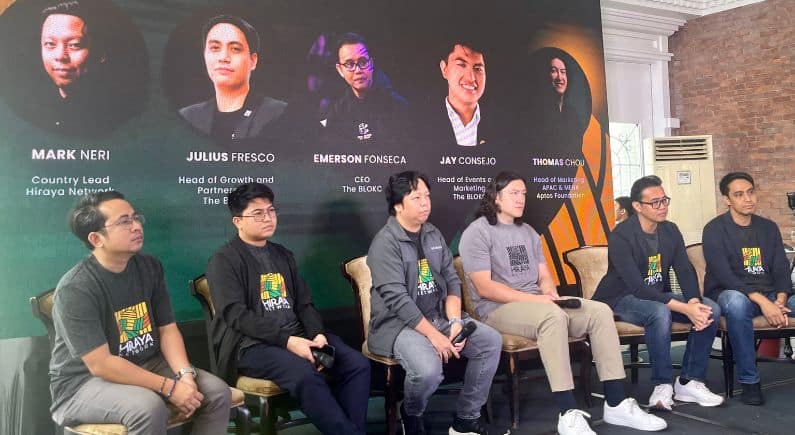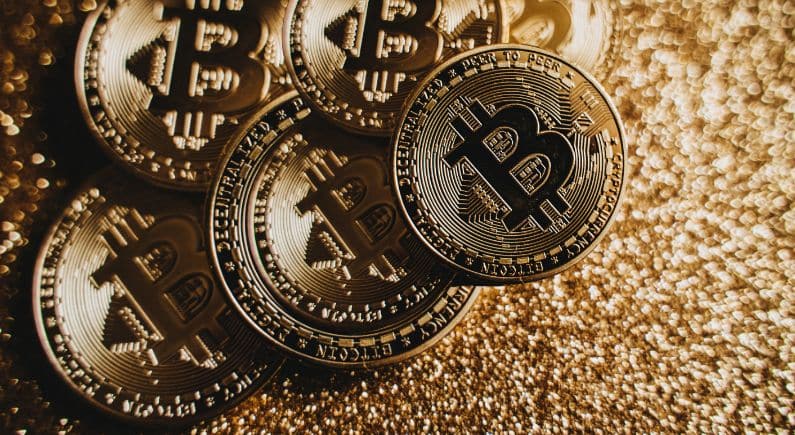Wholistic innovation in an uncertain world with Dieter Brockmeyer
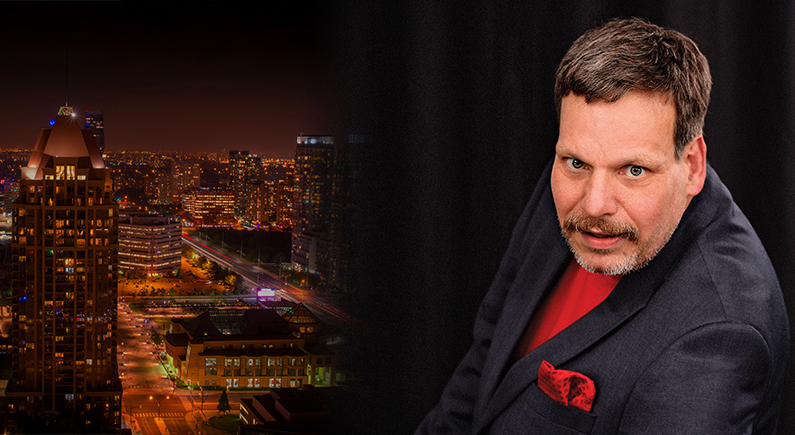
Dieter Brockmeyer is no stranger to a rapidly changing environment. In an interview with Kyle Galea, Dieter elaborates on the role of the Diplomatic World Institute, power of wholistic innovation, modern politics and everything in between
What is the mission of Diplomatic World and how does it illustrate the changing geo-political and technological environment?
Diplomatic World is driven by the spirit of “We are all connected”. That means problems can only be solved in a joint effort. This was the core from the beginning when the magazine was launched more than 20 years ago and established itself as a recognized opinion platform in the Brussels region where heads of state and other stakeholders can express their vision of the future of our planet. However, there are limits as a magazine to act. Therefore, we founded the Diplomatic World Institute in summer 2019, a think tank to take direct action. One of our first initiatives was to launch the Wholistic World Innovation Trophy, WWIT in short.
Of course, the pandemic starting only a few months later changed everything, delaying projects but also providing new opportunities. The newest kid of our group’s family is Diplomatic World Media, a streaming platform extending the reach of the magazine and the institute globally. Only a few years earlier this would have been much more difficult, and I think this illustrates very well the impact of new technologies: It brings us closer together – and with increasing speed. Not everybody likes it, and it challenges the old global order. We want to get our voice heard to act as sort of a moderator in this situation.
How do you expect the changing geo-political environment to affect technological innovation?
We see a lot of skepticism rising towards new technologies. Of course, this will change nothing. Once a new technology is out you either make the best of it, or somebody else does to your disadvantage. Maybe you can slow it down a little, but that’s the utmost you can do. Therefore, banning cryptocurrencies will only have the opposite effect in the long run. Introducing your own currency is smarter.
We can see an emerging struggle on who will control the crypto and blockchain space. My fear is the same may happen that we saw with the upcoming internet. I remember well the hopes for universally free and educated societies and look at what the situation is today.
Which cutting edge technologies do you believe will have the most significant effect on democracy and how?
This is hard to predict. There is a lot happening now. There sure is a lot of potential in the blockchain, decentralized banking, or the Decentralized Autonomous Organizations, DAO in short. These and others are very interesting approaches for sure, however, the proof of concept is still missing for all of them. I like the idea of “automated democracies”. However, it can also be used for autocratic systems. Blockchain too is a potentially dangerous technology depending on how it is used. The only thing that seems to be certain is that the upcoming decades will be highly dynamic and full of surprises. I’m afraid, not only pleasant ones.
For some of our previous work on the Democratization of the Internet, see our Web3 Documentary.
What is Wholistic innovation and how does a broader comprehension of the ongoing technological revolution benefit us?
Already the magazine claims to interlink diplomacy, politics, business and culture since they all are connected. This is a universal truth, anything I launch in one sector also has impact on the neighboring one. Way too often we must realize that the “neighboring effect” is the opposite of our positive intentions. We often realize it too late. We must be much more aware how everything interacts. We need innovation, lots of it, in all sectors to tackle the global challenges, not only with climate change. A lot will be technological, but this also requires that we adapt to sometimes rapidly changing situations.
What do you think is the core message of your book Pandemia’s Box and how do you think that the debate it seeks to spark will take shape?
The matter is highly complex, therefore it would be arrogant to claim to have come up with any solutions. It’s an analysis trying to show where we should think more wholistically towards having a positive impact on the planet. I can spark debate, and this may lead to solutions. Since I’m not the only one taking this path, chances are likely that all these initiatives together will have a positive impact.
What do you think are the best lessons we could learn from the ongoing pandemic?
We already learned a lot about what went wrong in globalization during the last decades. It would be fatal to draw the lesson that globalization is wrong, but we need to think about it differently. Our problems are global, and they can only be solved by working together globally. We are at the beginning of a long steep road. We must take it if we want to live in a pleasant world – and on this planet. We only have this one.
Join us in Belgrade, Serbia from the 22-25th August:
With the peninsula being known for its natural beauty, rich cultural landscape and fantastic delicacies, the Balkans are renowned for having some of the most quintessentially Mediterranean vistas and experiences. From the Adriatic coastline of Split to the fairytale-esque castle of Lake Bled, the region has a lot to offer the world. This being said, something that fewer may know is the fact that the nations of the Balkans are incubating a nascent but powerfully growing technical expertise when it comes to frontier technology such as Blockchain, AI and more. Therefore the region may not only be a rich adventure into the past but my also serve as a window into the very near future.
Join us in Belgrade for the best the industry has to offer and for a window into the future of Deep Tech. To learn more about sponsorship and speaking opportunities or to inquire about attending the event, please contact Sophie at [email protected]




